It’s no secret that I’m a devoted fan of grandiose summer movies, especially those produced by Marvel and DC. Superhero stories have long been a personal source of inspiration and escapist joy, and I eagerly await each new chapter in these evolving cinematic universes. Not every entry can be a cinematic gem, but I choose to embrace their triumphs instead of lambasting the filmmakers over perceived flaws. In short, I make my own opinions…what a novel idea, huh?
The omnipresence of social media has bred a culture of entitlement and communal negativity in entertainment. Film reviews often surface days before a movie’s release, and a “rotten” percentage on Rotten Tomatoes often kill an audience’s excitement. The industry has become so obsessed with these aggregated percentages that a film can be declared dead before audiences even see it!
What makes a movie successful? In my opinion, it’s not box office returns or critical repute, the concept of a “cult film” wouldn’t exist were that so. No, a successful film is one that people enjoy for themselves, unbiased regardless of outside influences, and it’s becoming harder and harder for that to happen.
Rotten or Fresh––Does It Matter?
 Rotten Tomatoes says that it “represents the percentage of professional critic reviews that are positive for a given film.” The coveted “Certified Fresh” status now has so much power that it’s an advertising tool slapped on web sites, ads, and even stickers on home video releases. “Go see our movie, the professionals have certified it fresh!” But what does that percentage really mean for the average viewer?
Rotten Tomatoes says that it “represents the percentage of professional critic reviews that are positive for a given film.” The coveted “Certified Fresh” status now has so much power that it’s an advertising tool slapped on web sites, ads, and even stickers on home video releases. “Go see our movie, the professionals have certified it fresh!” But what does that percentage really mean for the average viewer?
Absolutely nothing.
Whether one person’s opinion or a hundred, reviews don’t make a movie “good” or “bad.” Those labels can’t be applied to personal taste. If a food critic in a restaurant said the soup was terrible, but you thought it was delicious, does that make you wrong? Has anything changed about the soup because of what other people are saying? Should your judgment be thrown under the bus for going against the popular opinion of professionals? No. Taste can’t be quantified.
 Every critic has to be taken with a grain of salt, because they’re only human and run the gamut of personalities. Many over-analyze films for the sole purpose of pointing out flaws instead of allowing themselves to be in the moment and enjoy the story on its own merits. Others are so jaded by the dominance of comic films that their reviews have become a witch-hunt to derail the superhero train. Some are simply too enamored with their own voice and perceived position of power.
Every critic has to be taken with a grain of salt, because they’re only human and run the gamut of personalities. Many over-analyze films for the sole purpose of pointing out flaws instead of allowing themselves to be in the moment and enjoy the story on its own merits. Others are so jaded by the dominance of comic films that their reviews have become a witch-hunt to derail the superhero train. Some are simply too enamored with their own voice and perceived position of power.
However, many reviews offer a well thought out, complex analysis from people who have a genuine passion for film. Rotten Tomatoes does these critics a disservice by reducing their work to a punchline and positive or negative status. Shouldn’t a review be more than quotable, exuberant hyperbole or scathing venom? And don’t even get me started on the Critical Consensus paragraph. Are we really meant to believe that audiences are too lazy to read a full review or even sift through the quoted excerpts that we have to be spoon-fed a generic summary?
Maybe I’m the angry Clint Eastwood meme in this scenario, but it seems like the days of debating a movie are over, replacing by two die-hard sides unwilling to budge…like politics. Labeling a film’s quality with an arbitrary percentage has devolved intelligent discourse into a war of retweeted insults between bandwagon naysayers and rabid fandom. And who is caught in the middle?
The people who just want to enjoy the damn movie without all of this other bullshit.
The Disconnect Between Audiences and Critics
Frustrated with the overall hostility this summer towards many superhero films, I’ve begun to pay more attention to CinemaScore. Their website says, “we provide unbiased measurement of audience response that helps gauge movie appeal and success by polling movie audiences on opening night for their reaction” and that it was created when “its founders saw a need for theatre audiences to have a ‘public voice’ for their opinions about movie appeal.”
Why aren’t the CinemaScore ratings touted with the same degree of credibility as Rotten Tomatoes? I guess collecting the thoughts of actual moviegoers is too logical a solution to be considered a legitimate form of movie appraisal. This highlights an immense disparity between what everyday audiences are embracing and what critics think we should embrace. It’s like the People’s Choice Awards versus the Academy Awards––the entitled trying to tell the common folk that our opinions don’t matter. That movies can’t be good unless a certain percentage of critics dub it so. Let’s take a look at this summer’s superhero films that have been branded as critical failures:
Batman v Superman: Rotten Tomatoes collated a 27% and CinemaScore audiences a B
X-Men: Apocalypse: Rotten Tomatoes 48% and CinemaScore A-
Suicide Squad: Rotten Tomatoes 26% and CinemaScore B+
That is a massive difference. Critics condemned these movies not just as bad but damn near abysmal while audiences are clearly having a good time. So guess what? That aggregated RT percentage is not indicative of the public opinion. If anything, it’s like senators on their umpteenth term who are completely out of touch with society and the people they supposedly represent.
Look, I’m not saying those films mentioned above don’t have their problems, but they were each made for a specific audience. More often than not, that audience is responding positively. So why, as a culture, are we becoming so obsessed with what’s good or bad, fresh or rotten, that genuine enjoyment is being overlooked or even discredited?
Eyes and Ears Everywhere
It may sound like I’m being a bit harsh towards Rotten Tomatoes, and it’s a service that certainly has value. In fact, the only power it has is what we’ve given it. Audiences, ever contradictory, demand what Rotten Tomatoes offers: simple and digestible labels of good or bad for the 140-character era. How can one voice, even your own, stay afloat in an ocean of noise? This problem goes a lot deeper than one website; it’s the transparency of the social media age. Everything is on the table: every production foible, every reshoot, rumors of problems on set, leaked scripts––all of this contributes to pre-conceived notions of quality.
Buzz for a film used to be built mainly upon the trailer––a short, often ambiguous taste, not a 2-minute breakdown of the story beats––and magazine articles with sparse nuggets of information. Maybe some TV interviews with the actors and director. That was it. Audiences went into a film brimming with excitement, not skepticism. We have to get back to that before filmmakers and audiences alike become so disgusted with each other that the entire movie experience becomes an exercise in cynicism.
I have dozens of movies in my collection that are “rotten,” and there’s nothing wrong with that. Everyone’s opinion is valid and should have no bearing on others. Rotten Tomatoes isn’t the enemy, and CinemaScore isn’t the savior.
We are our own worst enemy.
It has become far too easy to hate and criticize a film rather than embrace it––a sad fact that extends beyond entertainment. So whether you’re a fan horror, romantic comedy, heavy drama, or mindless summer popcorn films, I say this: embrace what you love and make no apologies for your opinions.
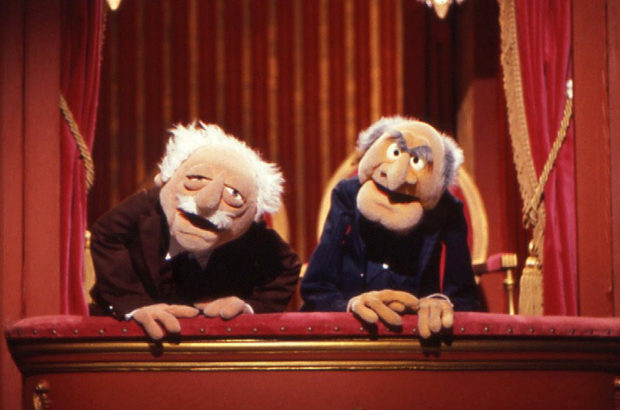
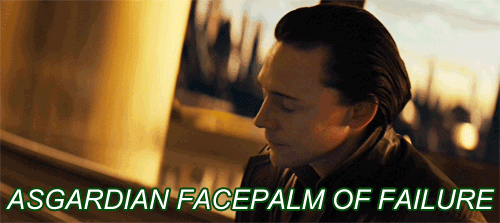
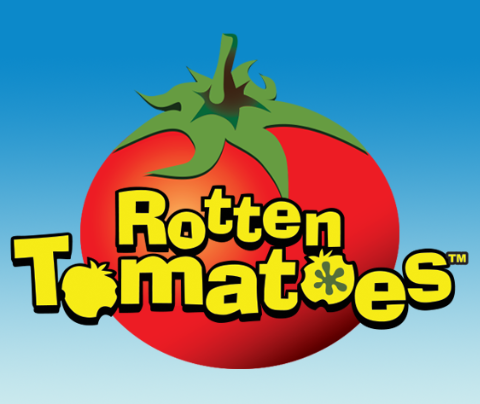
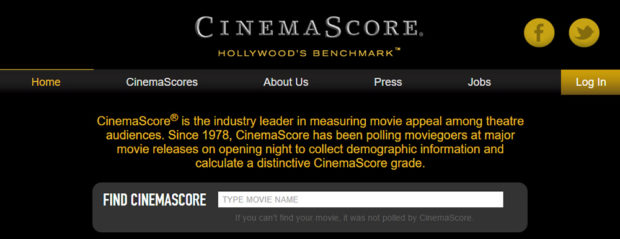

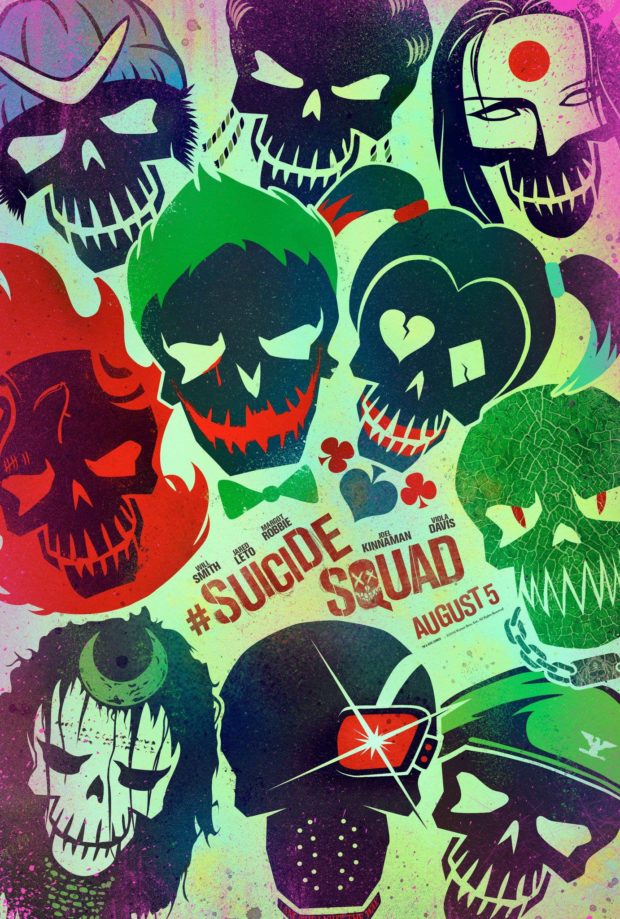
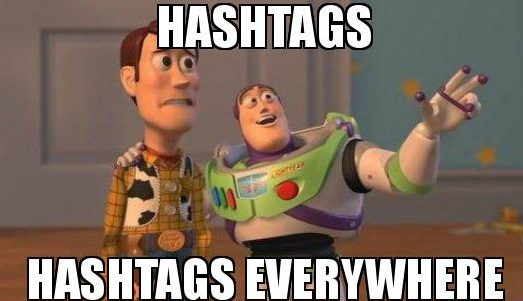

This.
Exactly how I feel about what has happened to film now that we seem to all be ‘critics’. And when did we decide to base our opinions on those of others?
Great post.
GC
Thank you! I’m so over the negativity of our world. I guess it’s just easier for people to hate than allow themselves to enjoy something. It’s even more mind-boggling with fans bash the properties they supposedly love. Plus, how do you think the hundreds of people involved in these movies feel? Say what you will about the director, writer, producers, and studio, but there are so many other creative talents involved whose work gets lumped in that criticism.